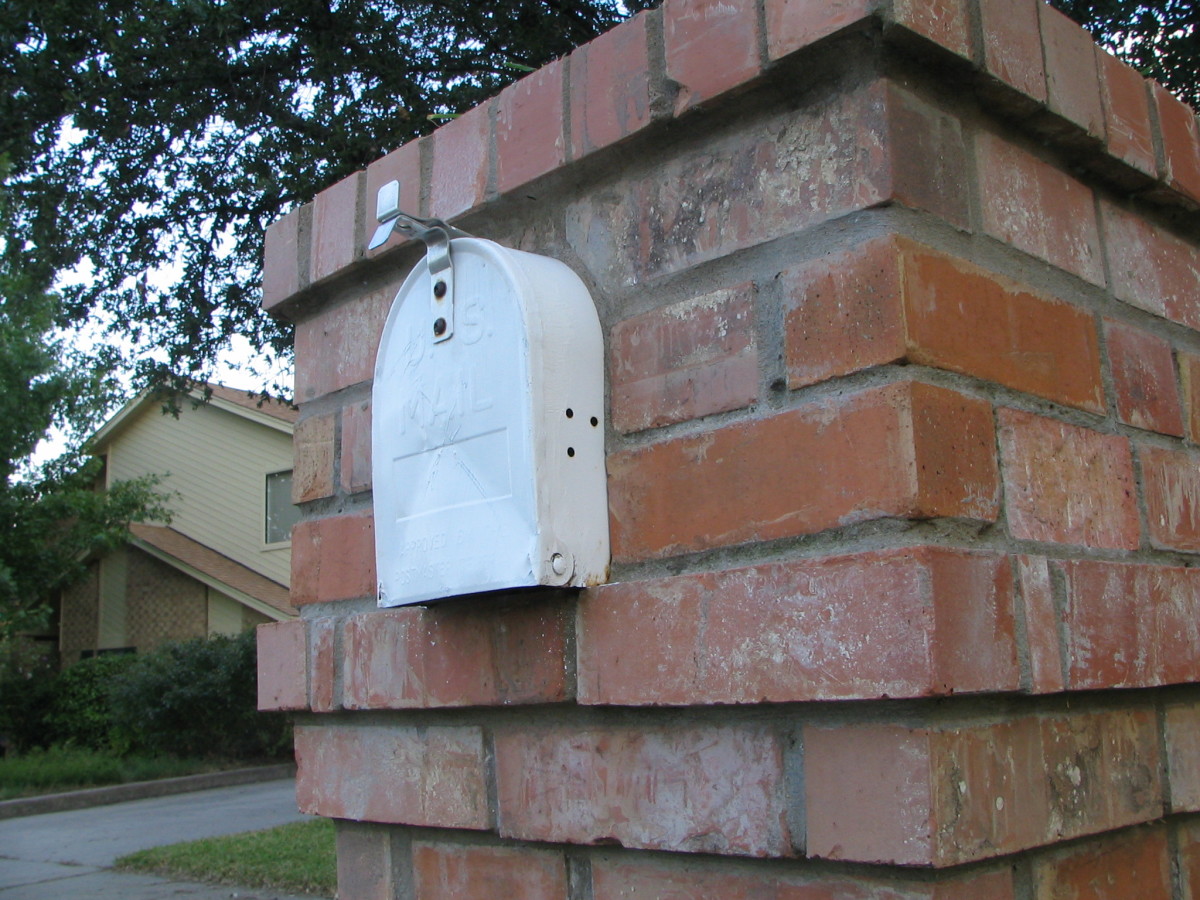Why Are Comments Sections Being Removed From Websites? - TurboFuture



Author: Tamara Wilhite
Tamara Wilhite is a technical writer, industrial engineer, mother of two, and published sci-fi and horror author.

Comments sections were originally seen as a public forum, until spam and harassment began to dominate.
Why the Comment Sections Became Big
Websites have solicited comments for a long time. Comments were seen as SEO gold, because they were free content that could add barely related keywords without affecting your keyword density. A constant stream of comments shows new visitors that the website is relevant and popular, while the comments can cause the search engines to see the site as updated without any work on the web admin's part.
You could comment on the page to engage customers without making it as public as a social media discussion, and it let you add links to internal sites to answer someone's question without having to put the internal crosslinks on the site of the website. Commenters learn from each other and may network with each other, the beginning of customers becoming followers of the brand.
You could try to improve the conversational SEO of a comments section by asking visitors for their questions. And you'd gain valuable leads on useful new content for voice SEO by recording the questions of readers and answering them on whole new pages. When people answer each other's questions, the site can even learn a thing or two from the user community that could be incorporated in future official content.
Then why are comments sections disappearing?
Why Comments Sections Are Now Disappearing
Comments that are bad for your SEO take moderation to remove, and spam bots make this an uphill battle for some sites, so some take the easiest route and remove the comments section altogether. It is certainly less work for the administrator than requiring every comment to require an editor's approval.
Comments sections are prone to spambots that paste totally unrelated links, and even with moderation, if you don't work fast enough, these bad links can hurt your site's rankings with search engines. No following comment links reduces the negative value of those links, but the placement of comment spam on your site can still look bad to readers.
If people are arguing with each other and insulting each other in the forum, the website faces the growing risk of legal liability for providing the forum for it to occur in the first place. The website doesn't have to sanction the doxing of people, insults or threats. It may be sued simply for letting such information be posted and doing nothing about it. It is simpler to remove the comments section entirely than it is to allow it to be abused.
Vaguely positive comments don't help your SEO and can hurt your site's reputation with readers. A series of "good read!" and "love your stuff!" comments can look fake.
Voting schemes on websites that permit comments may be used to try to boost reader engagement, but when the comments are already being spammed, it isn't past the spammers to have bots or workers vote up their own comments.
Off-topic comments can hurt your page's SEO. And conversations allowed to go on for a long time tend to go off topic. Initial comments tend to be higher quality, in-depth and detailed. Later comments, though, are comments on the earlier comments and the user-created content starts to drift. When multiple thin or spammy comments show up, it rarely gets back on-topic.
Your own content shouldn't refer to the competition by brand name much or it will hurt your SEO. Your customers sharing comments are less likely to know this and inadvertently could hurt your site's SEO with too many mentions of the other guys. And you risk someone deliberately doing this by trolling your site and referring to the competition.
If you want to have customer communities, one of the simplest ways to guarantee control over what they do and what they see is setting up your own forum. The registration process helps weed out spammers while the ability to delete accounts or block users helps maintain control, and killing that one account is less work than moderating all comments on all subdomains. You also don't have to worry about the SEO of webpages only visible on user forums that require registration. That content is only available after login, so search engine spiders don't see it.
If you solicit comments, you could be detracting from posts that people could be making on review sites instead, and those reviews are worth more to your local SEO than comments on your page. Then there's the fact that search engines put more weight on reviews on platforms where someone's identity is verified like a Google user posting a review on Google maps than a hundred comments that could have been posted by anyone or any program.
If you use comments sections as the place for people to vent, you may not get the negative feedback up the right channels necessary to actually solve the problems. In these cases, removing comments sections prevent complaints in the comments from becoming negative SEO. Giving people a clear channel to report problems also ensures the issues are actually addressed, ideally leading to higher average service levels, too.
What then can a web designer due to minimize the work of moderating and editing comments? Remove the comments altogether. In the best case scenario, the web administrator adds social media buttons and hope the buzz on social media linking to the article helps the site's SEO.
Moving comments over to social media platforms can add to the SEO of your social media pages while letting you identify who is complaining or trolling. And reporting people there lets the social media platform's team address and potentially ban the user. By removing comments from your own site and encouraging social media sharing and discussion instead, you literally make it someone else's problem.

Sites are now back to emails to the editor to regain control of comments/feedback that is seen by others.
Tamara Wilhite





Yes Virginia, social media can he held responsible...
Like playing kick the can.
But I can understand why sites do not want to deal with all the comments - I read comments on sports pages that have me pulling my hair out & that is a sports page...